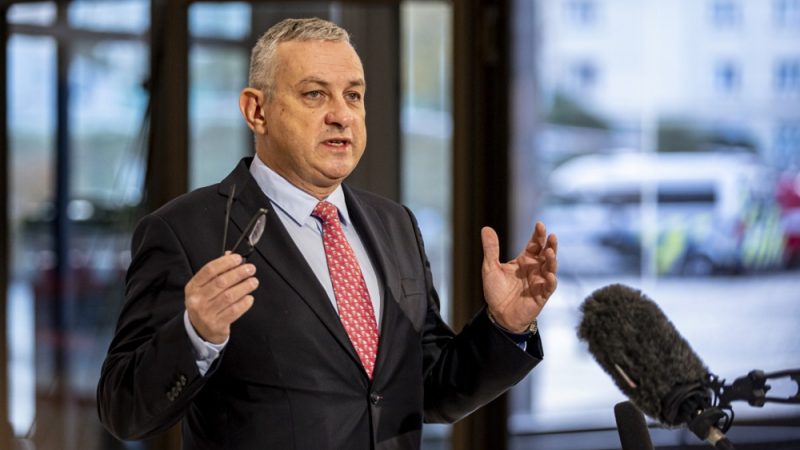
The Czech government has approved a draft revised National Energy and Climate Plan (NECP), which aims to phase out coal by 2033 and oil and gas by 2050.
Under the plan, nuclear resources will be strengthened, mainly through the construction of new reactors, while the share of renewables will be increased to 40% by 2030 and to 60% in the next decade. The government also plans to increase the share of renewable energy sources from 15% to 30% by 2030.
“The plan presents an outlook for the development of the energy sector until 2030. By then, electricity consumption will increase by around one-tenth compared to today. On the other hand, we foresee a significant drop in energy consumption and a reduction in coal-fired electricity generation,” Czech Energy and Trade Minister Jozef Síkela said on Wednesday.
“We will also stop exporting brown coal electricity, the production of which will no longer be profitable due to the price of emission permits,” he added.
In 2022, Czechia’s coal and nuclear power plants made it one of the world’s leading electricity exporters. However, the country is ready to lose this status and become an importer of clean energy from EU partners.
“This will be a consequence of replacing energy raw materials such as coal, oil and natural gas, which we now import from countries that are less reliable than our closest European allies, from whom we should get our electricity in the future. In effect, this will strengthen our energy security,” Síkela explained.
Still, Czech green organisations warn that the new plan is not sufficient. According to Greenpeace Czech Republic, the draft plan does not reach EU targets for renewables and savings. Another organisation – the Centre for Transport and Energy – is also sceptical.
“The draft National Plan does not fully use Czech potential in meeting its climate goals. Moreover, the government is obliged to involve the public in the process of drafting the document, but they have not yet had the opportunity to comment on the draft at all,” warned Štěpán Vizi, an expert from the Centre for Transport and Energy.
The draft plan will be immediately sent to the EU Commission for approval.